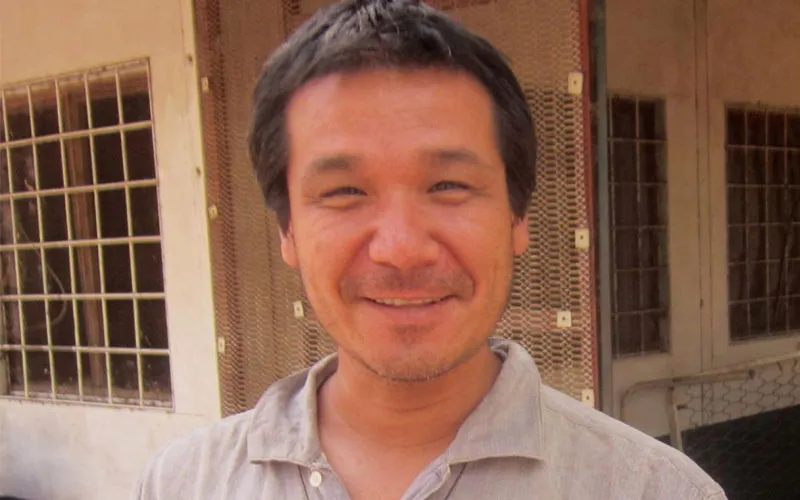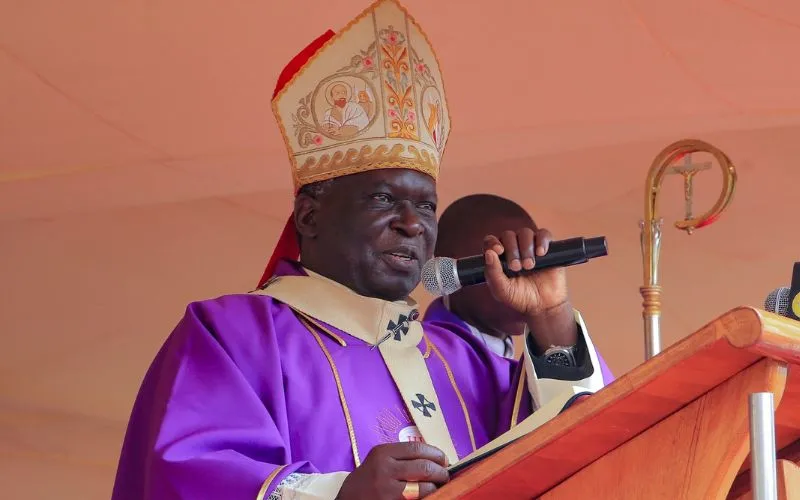Malakal, 16 March, 2021 / 1:36 pm (ACI Africa).
The Catholic Church in South Sudan has had a unique credibility and moral authority throughout the civil wars when there were no functional government institutions, a Comboni Missionary Cleric in the country has said.
In an article published by Sudan Studies, Fr. Gregor Schmidt, a Comboni Missionary ministering in the East-Central African country notes that lack of leadership in some Dioceses thwarted the role of the Bishops’ Conference in working towards peace.
“The South Sudanese Catholic Bishops’ Conference (SSCBC) has had difficulty gaining influence on the warring parties because many bishoprics have been vacant,” Fr. Schmidt says in an article published in Sudan Studies for Sudan and South Sudan.
In the article titled, “The Church’s Commitment to Reconciliation in South Sudan,” the German-born Comboni Missionary Cleric further notes that in South Sudan, “ethnic belonging is still a strong aspect of the identity of Catholics and of Christians in general, as it is among church leaders.”
Acknowledging the peace building, reconciliation and advocacy efforts of an ecumenical body of the South Sudan Council of Churches (SSCC) comprising seven member Churches and associate Churches in South Sudan, the Cleric says in a document seen by ACI Africa that the organization has been preparatory towards national reconciliation.








